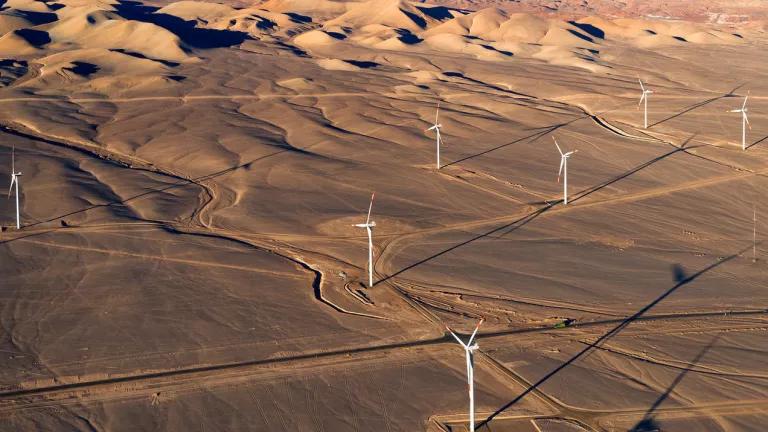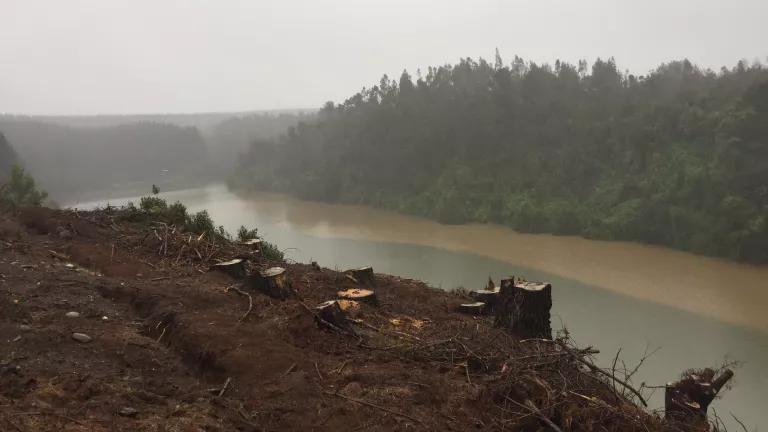Today, the Court of Appeals in the city of Puerto Montt halted all construction and permitting processes for HidroAysén’s five planned mega-dams, which received their environmental approval in early May, until the Court makes its decision about a pending appeal. By doing so, the Court became the first authority in Chile to stand up to the behemoth project and to the intense political pressure to get it built. Though the ultimate decision about the appeal is still uncertain, the Court’s announcement today was a rare victory for environmental law over big business interests.
The appeal, jointly filed on June 9 by citizens and Members of Parliament, argues that HidroAysén’s environmental approval was arbitrary, illegal and violated constitutional rights of local inhabitants. The case would usually be handled by the Court of Appeals in Coyhaique, the capital city of the Aysén Region, where the dams are planned to be built, where the approval was granted and where the appeal was filed. However, several of the ministers who sit on the Tribunal recused themselves from the case due to conflicts of interest, and so the case was moved to the neighboring region.
HidroAysén, a private venture formed by two of Chile’s largest energy companies, plans to build five dams on two of Patagonia’s most powerful rivers, the Baker and the Pascua. The environmental review process for these dams, which began in August 2008, has been plagued with procedural irregularities, evidence of corruption and complaints that the mandatory public participation was a mere formality. After almost three years of review and over 15,000 pages of environmental impact assessment information, the company still failed to provide the relevant and essential information needed for approval. The full impacts of the project are still unknown, particularly because the assessment never addressed the 1300 mile-long transmission line HidroAysén would have to build to carry the electric output to the main grid further north. If constructed, the project would open up the entire region –now so untouched and rugged—to other commercial exploits. The company and the government both ignored technical studies that proved that HidroAysén is not necessary, and that renewables and efficiency are far better options. Yet, on May 9, the authority still voted to approve HidroAysén’s dams.
With President Sebastian Piñera publically saying that Chile needs large hydro to meet its future energy demand, political pressure to give the ok was undoubtedly high. Public opinion, however, is only increasingly growing against the dams. Just before the approval, an Ipsos poll showed that 61.1 percent of Chileans were against large hydro development in Patagonia. Since the approval, that number has grown to 74 percent. Another recent polled showed that Piñera’s approval rate is at a very low 36 percent, largely due to HidroAysén’s approval. Tens of thousands of people have been protesting regularly throughout the country.
Today, the Court of Appeals in Puerto Montt clearly communicated to the President, to HidroAysén and to the public in general that this Court values the rule of law over private business interests, and sees no need to rush to build the dams. Hopefully, after reviewing the facts and evidence presented in the appeal, the Court will maintain those values and will stop this destructive, unnecessary project for good.




